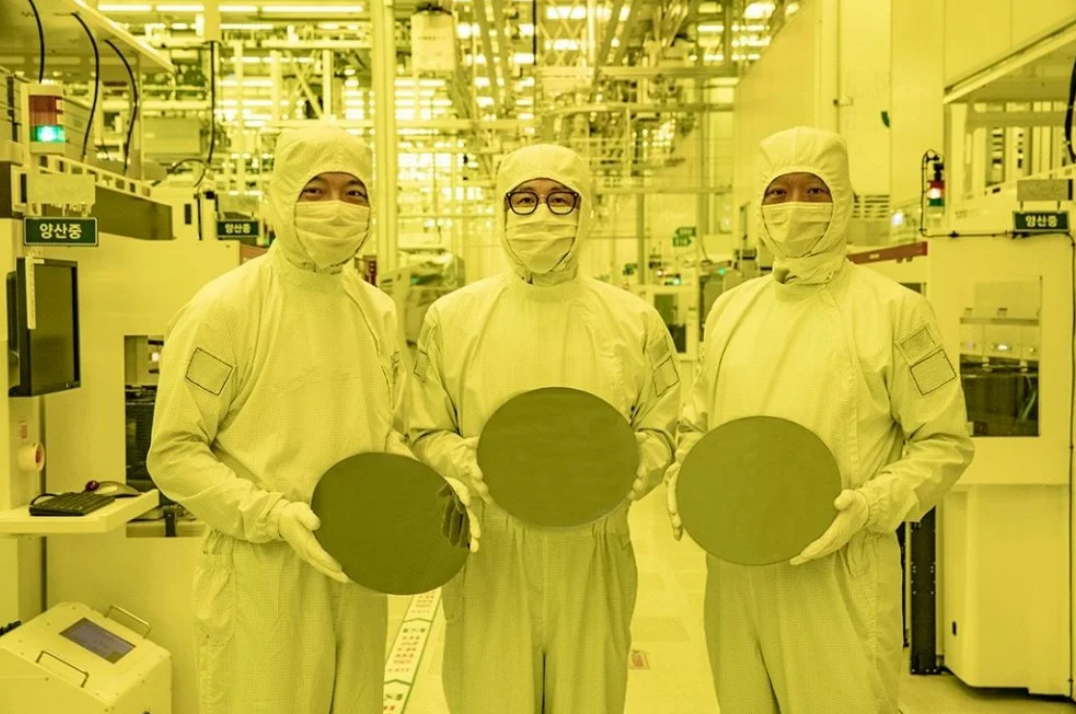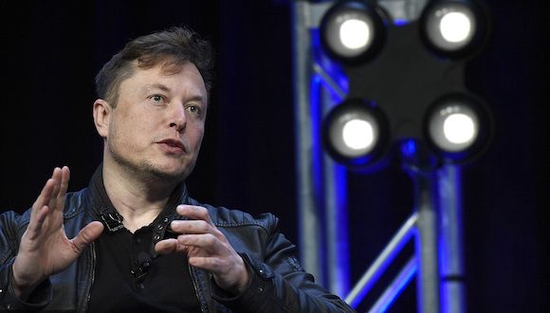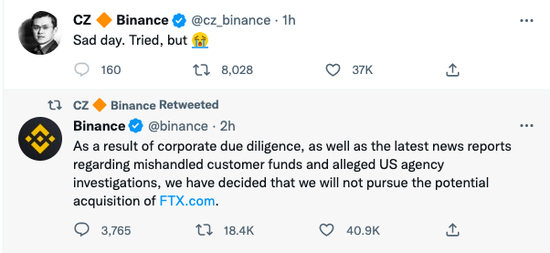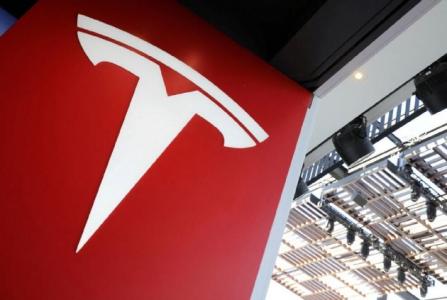your current location is:Home > investHomeinvest
Qualcomm/NVIDIA orders have been robbed one after another, Samsung Electronics is losing its chip technology advantage

After investors, analysts and employees issued a series of warnings that Samsung Electronics was losing its technological advantage, the company ensured the competitiveness of its semiconductor business to the market.
Samsung Electronics is the global market leader in memory chips, and is ambitious to narrow the gap with its main competitor TSMC in the OEM field. In May this year, during his visit to South Korea, US President Biden visited Samsung Electronics' pingze semiconductor factory, which shows the importance of the company to the global economy.
However, according to analysts, at the beginning of this year, Qualcomm and NVIDIA, Samsung's two largest OEM customers, were snatched away by TSMC. Analysts said the two companies were disappointed that Samsung electronics could not stably deliver the 4-nanometer and 5-nanometer chips that make up the computer's central processing unit. According to the data of trendforce, a market research company, TSMC accounted for 54% of the OEM market in the first quarter of 2022, more than three times the market share of Samsung Electronics.
Last year, Samsung Electronics announced a plan to invest 171 trillion won (about 151 billion US dollars) in OEM chips by 2030. However, SK securities, headquartered in Seoul, said that TSMC plans to invest up to $44billion this year, while Samsung Electronics is estimated to be $12billion.
In Samsung Electronics' traditional strong memory chip business, competitors micron technology and SK Hynix have launched some of the most advanced chips faster. Memory chip technology supports short-term storage of graphics, mobile and server memory chips. The problems of Galaxy S22, the flagship smartphone launched in February this year, show that this Korean group also lags behind apple in terms of hardware competitiveness, while the performance and sales of exynos 2200 mobile processor chip launched by Samsung Electronics this year are disappointing.
Investors including hedge funds Petra capital management and Dalton investments expressed concern about the rigid corporate culture under the leadership of Lee Jae Yong, vice president and actual leader of Samsung Electronics. They believe that the company pays more attention to rapid development and cost saving than quality and innovation.
Chan Lee, managing partner of Seoul based asset management company Petra capital management, said: "designing their own chips requires creativity and engineering strength, but under the leadership of Li zaichen, Samsung Electronics' risk aversion culture has deepened, and engineers began to avoid new innovation attempts."
In April this year, a junior engineer working in Samsung Semiconductor technology development team wrote to the company's management, complaining that Samsung Electronics researchers are facing huge time pressure to meet the "impossible" goal of developing new technologies and products, and that the "sense of failure" permeates the whole company. The engineer added: "it seems that the top decision-maker cannot grasp the root cause of the problem. I have heard many 'crisis' stories, but I think this moment is more dangerous than ever."
"The culture of chip design companies and chip factories is the key to success. Talented engineers need the right motivation, direction and leadership," Dylan Patel, chief analyst of semianalysis, wrote in a recent report. He attributed the problem of Samsung Electronics to the "toxic" culture, that is, different business departments will blame each other for their weak performance in the field of non memory chips when "facing mistakes".
According to the data of strategy analytics, a market research company, since 2019, Samsung Electronics' share in the smartphone processor market has almost halved, ranking fourth with a 6.6% share last year, compared with 37.7% for Qualcomm, 26.3% for MediaTek and 26% for apple. Samsung's technological advantage is disintegrating, "Patel pointed out. "The company's technological development advantages are declining, including the once mighty memory chip market."
According to the financial report released by Samsung Electronics, the operating profit in the second quarter of 2022 was lower than expected because inflation suppressed consumer demand for electronic devices. However, the company's executives argued that its memory chip business still enjoyed technological advantages over its competitors, on the grounds that it adopted extreme ultraviolet lithography technology faster in the production of memory chips, and that the company's share in the memory chip market reached about 40%.
Kang moon soo, vice president of Samsung Electronics' OEM business, told analysts in April this year that the market's concern about the loss of key customers was "exaggerated". The order backlog of Samsung Electronics in the next five years is equivalent to eight times the revenue of this business last year.
Market analysts said that TSMC's accelerated transition to mass production of 4-nanometer and 5-nanometer chips has affected Samsung's ability to mass produce cutting-edge chips for its main customers. However, Samsung Electronics told the media that it was now able to produce a stable number of chips and would "maximize" the supply. Samsung Electronics is "restructuring" its chip design business to enhance its long-term competitiveness, company executives said on Thursday.
Last week, the company held a ceremony to celebrate the shipment of its first batch of 3-nanometer chips, which defeated TSMC in bringing the next generation of non memory chips to the market. "If Samsung Electronics can improve the yield of advanced chips, it still has a chance to attract customers again," said James Lim, an analyst at Dalton investments, a California hedge fund. "No one is willing to take the risk of relying entirely on TSMC," he said.
Samsung Electronics also said that it was trying to create an "inclusive challenge culture" through "open communication" with employees. The company said it would continue to discuss its vision and business direction with its employees.
The company is optimistic that as a descendant of the company's founder family, Li zaiche will be pardoned by President Yoon Suk yeol next month. Li zaiche was sentenced to prison for bribing former President Park Geun hye to gain control of Samsung Electronics by the Li family. He has served 60% of his sentence and was released on parole last year. However, his employment and business activities are still limited, which complicates his ability to effectively supervise the management of the huge SamSung group. Traditionally, the amnesty order of the president of South Korea will be issued before the independence day of South Korea in mid August.
Previous:The reason for the expansion is crazy investment
Next:Canalys: Worldwide spending on cloud services to reach $62.3 billion in Q2 2022
related articles
Article Comments (0)
- This article has not received comments yet, hurry up and grab the first frame~













